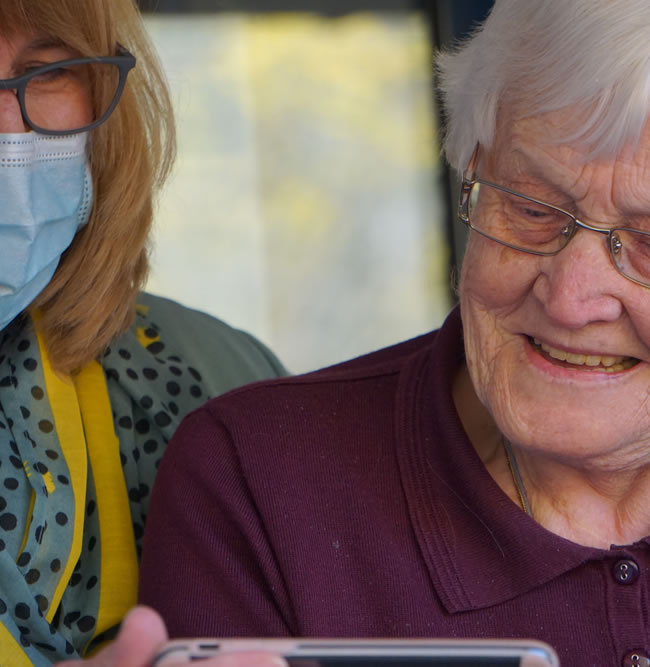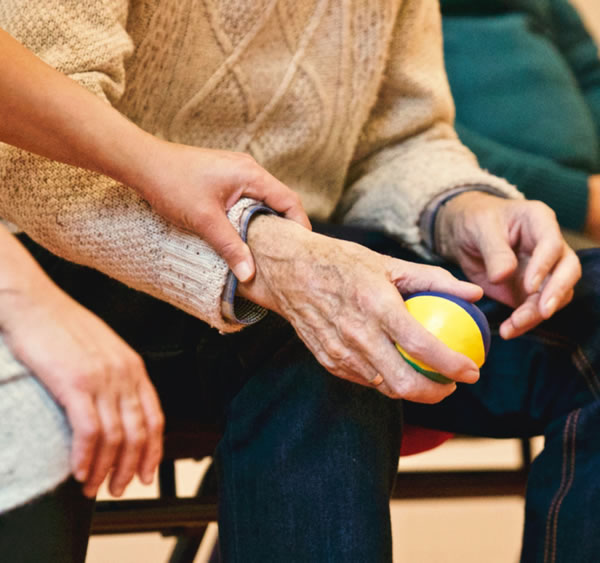
Elder abuse is a serious problem that affects millions of Americans. It is believed that instances of elder abuse are drastically underreported. When a loved one is concerned about their loved one being abused or neglected they may immediately jump to litigation. Mediation is a viable alternative that offers many benefits to parties, including:
Privacy
Mediation is a private process. It is not conducted in an open forum like a court case is. It is also confidential, so the parties do not have to worry about what they say being used against them later in court. Privacy helps to protect the loved one, as well as the nursing home, which can avoid negative publicity. It also facilitates open discussion so that the parties can clear up misunderstandings.
Faster
Mediation can be scheduled based solely on the parties’ and mediator’s schedules. Parties do not have to try to add their names to an exhaustive court docket. By resolving disputes faster, the parties are often able to minimize damages and preserve relationships.
More Affordable
A lot of expenses go into litigation, including:
- Court costs
- Attorney fees
- Discovery costs
- Expert witness fees
These sums can result in significant costs to both parties.
In mediation, the parties can often minimize their costs. They may not incur filing fees if they immediately seek resolution through a mediator and bypass the litigation process. Additionally, they can split the cost of mediation.
Preservation of Relationships
Mediation is often able to help the parties maintain a civil relationship with one another. Unlike in litigation where the parties are pitted against each other, the parties work together in mediation to come up with possible solutions to their shared legal problem.
Creative Solutions
In mediation, the parties are often able to brainstorm creative solutions to their legal problem. They are not restricted like they are in litigation to money damages or other limited forms of relief.







 Family Disputes
Family Disputes  Many contracts did not anticipate the issues surrounding coronavirus. Parties may be carefully reviewing their force majeure clauses. A knowledgeable mediator can discuss how courts have recently ruled on these issues and explain the benefits of keeping the case out of court to provide greater certainty and control over the outcome.
Many contracts did not anticipate the issues surrounding coronavirus. Parties may be carefully reviewing their force majeure clauses. A knowledgeable mediator can discuss how courts have recently ruled on these issues and explain the benefits of keeping the case out of court to provide greater certainty and control over the outcome.
 Mediation is less stressful: Lawsuits can be very stressful for everyone involved. Moreover, people of old age are more vulnerable to a different medical condition and we do not want them to go through stress. Waiting for court dates and attending multiple meetings with lawyers can be quite tiring. Mediation offers a less stressful way to participate meaningfully in discussions of the issue and negotiations for resolution.
Mediation is less stressful: Lawsuits can be very stressful for everyone involved. Moreover, people of old age are more vulnerable to a different medical condition and we do not want them to go through stress. Waiting for court dates and attending multiple meetings with lawyers can be quite tiring. Mediation offers a less stressful way to participate meaningfully in discussions of the issue and negotiations for resolution. Mediation is private: Taking matters to the court will expose you to publicity because there will be people in your trials or hearings. If you have confidential matters about the case, everything will be discussed in court even if you are comfortable or not. In mediation, everything is done in private, so you can even open the most confidential issues you want to raise against the nursing home. Everything will be discussed and negotiated in private.
Mediation is private: Taking matters to the court will expose you to publicity because there will be people in your trials or hearings. If you have confidential matters about the case, everything will be discussed in court even if you are comfortable or not. In mediation, everything is done in private, so you can even open the most confidential issues you want to raise against the nursing home. Everything will be discussed and negotiated in private.
 Mediation is a legal process and an alternative to litigation. Mediation is used to resolve disputes with the other party involved while a mediator acts as the middle. Mediation has been happening for many decades now, and because of a more successful mediation, many have been choosing to mediate first before bringing the issues in the courts. In mediation, relationships can also be preserved. Because everything happens privately more understanding and calmness is present, no need for court battles, and too much of hard feelings.
Mediation is a legal process and an alternative to litigation. Mediation is used to resolve disputes with the other party involved while a mediator acts as the middle. Mediation has been happening for many decades now, and because of a more successful mediation, many have been choosing to mediate first before bringing the issues in the courts. In mediation, relationships can also be preserved. Because everything happens privately more understanding and calmness is present, no need for court battles, and too much of hard feelings.
 If you are like many Americans, you do not have a will or trust in place – or it has been a while since you last updated it. The COVID-19 pandemic has served as a stark warning about what can happen suddenly without any warning. To keep you safe and protect your legal rights during this scary time, Lana Hawkins is currently offering online estate planning during COVID-19. Here is the information you need to know about this process.
If you are like many Americans, you do not have a will or trust in place – or it has been a while since you last updated it. The COVID-19 pandemic has served as a stark warning about what can happen suddenly without any warning. To keep you safe and protect your legal rights during this scary time, Lana Hawkins is currently offering online estate planning during COVID-19. Here is the information you need to know about this process.